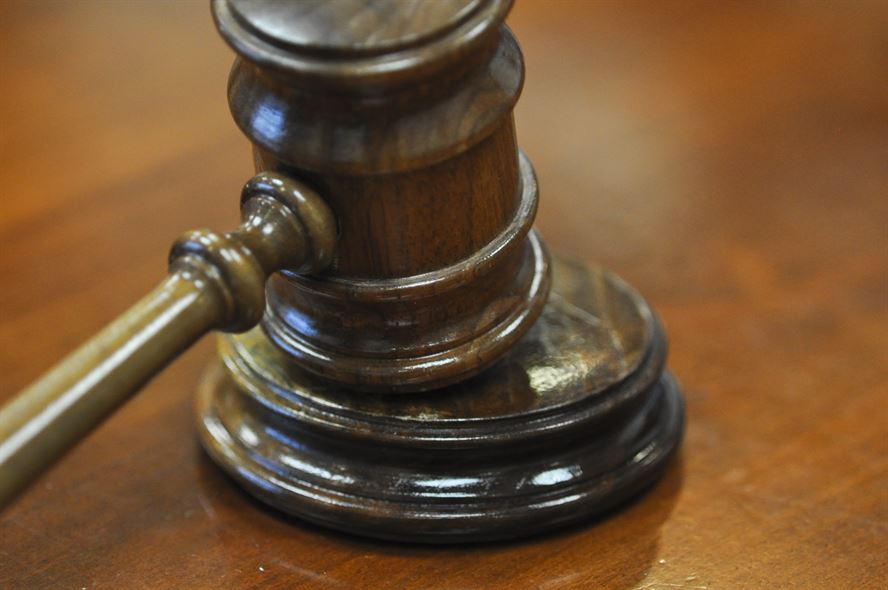While I am unable to speak for all personal injury attorneys, I can generally explain what I do for my own clients. Again each case is different, but a typical personal injury case, prepared properly, will require much or all of the following:
- Conduct an initial interview to get acquainted with the client, learn the facts of the case, the potential defendants, the injuries, identities of treating physicians, witnesses, etc.
- Teach and educate the client about the litigation process in personal injury claims.
- Locate and gather all important initial documents and records to support the claim (these will typically include medical records and bills, accident report, past and current employment records and tax returns, among others).
- Obtain witness statements, physical evidence, photographs or diagrams of the accident scene.
- Investigate to determine who will be the appropriate defendants (this could include an individual and his or her insurance carrier, or it could also include a commercial business establishment or corporation and its insurer if the individual at fault was in the course and scope of his or her employment at the time, or if the commercial establishment or corporation was independently at fault).
- Investigate to determine all potential sources of insurance coverage, obtain, read and analyze all applicable insurance policies to determine all available coverage for the client's damages.
- Evaluate the client's own insurance coverage and suggest what coverages may be purchased for better future protection.
- Examine the client's health insurance, governmental or other benefit plan to determine whether any money they paid for accident-related medical bills must legally be repaid and to negotiate the amount to be repaid, if any, from any recovery.
- Request and obtain conferences with, or reports from, the client's treating physicians in order to fully understand the client's medical diagnosis and prognosis.
- Hire and obtain reports from any experts needed to support the client's claim. These may include experts in different fields of expertise, such as safety and work procedures in various industries, accident reconstruction, biomechanics, metallurgy, toxicology (if the claim involves an allegation of impaired driving on the part of the defendant, or exposure of the accident victim to toxic substances), vocational rehabilitation and economics.
- Evaluate and research all legal issues that may affect the case such as comparative fault, assumption of the risk, third-party fault, insurance policy exclusions, trial evidence issues, etc.
- Evaluate and negotiate any liens asserted against the client's recovery by any and all healthcare providers, insurers or governmental agencies.
- Initiate contact with and periodically discuss with the insurance adjuster the client's claim, and produce supporting evidence so the insurance company will set appropriate reserves for later settlement.
- Negotiate with the insurance adjuster to attempt settlement of the claim prior to either filing a lawsuit or going to trial. (No settlement offer or counter-offer is ever made on behalf of a client without the client first being fully informed and consenting to it. Likewise, any settlement offer made by the insurance company is discussed fully with the client prior to a response being made with the client's consent.)
- Determine all potential courts where the suit may be filed. If more than one court is an option, determine which court may be most advantageous and decide, after discussion with the client, which court to choose.
- Preparing and drafting the petition or complaint to be filed in the proper court if a lawsuit is to be filed.
- Determine the exact names and addresses of the defendants as well as their agents for service of process, if any, so that the petition or complaint can be properly served.
- File and arrange for personal service of the petition or complaint upon the defendants as the law requires.
- Prepare, draft and issue written questions for the defendants to answer under oath (called interrogatories, request for production of documents and request for admissions).
- Fully educate and prepare the client for his or her deposition.
- Prepare for and take the depositions of the defendants, independent fact witnesses, insurance company personnel, physicians or other expert witnesses.
- Meet with the client's treating physicians to prepare them for deposition.
- Discuss with the client what to expect and otherwise prepare the client for any medical examination to be conducted by the defendants' medical experts.
- Respond to interrogatories, request for production of documents and request for admissions issued by the defendants to the client.
- Review, analyze and summarize all records, and bills from the client's treating physicians and other healthcare providers.
- Prepare expert witnesses we hire for their depositions.
- Review and evaluate all expert reports.
- File all necessary documents and pleadings in court as required, such as exhibit lists, witness lists, pretrial orders, motions and supporting memoranda or briefs (may include motions and supporting memoranda to exclude certain evidence at trial, memoranda in opposition to motions filed by the defendant, etc.).
- Prepare the client, physicians, expert and other witnesses for trial testimony.
- Organize and compile all medical records, bills and other written or tangible exhibits for trial.
- Prepare enlargements of certain exhibits for display to the jury.
- Prepare models, timelines, charts, diagrams or other demonstrative evidence for trial.
- Prepare for and attend mediation if the case is mediated.
- Prepare and have served subpoenas upon all witnesses to command attendance at trial.
- Prepare for jury selection, opening statements, all testimony, certain trial motions and closing arguments to take place at trial.
- Try the case for several days before a judge or jury.
- Evaluate the verdict rendered and research any new legal issues that arise during the course of trial.
- Draft any post-trial briefs, motions and memoranda.
- Obtain trial transcripts and examine the trial record to determine if an appeal is warranted.
- Research and draft all briefs required if an appeal is filed by either side.



